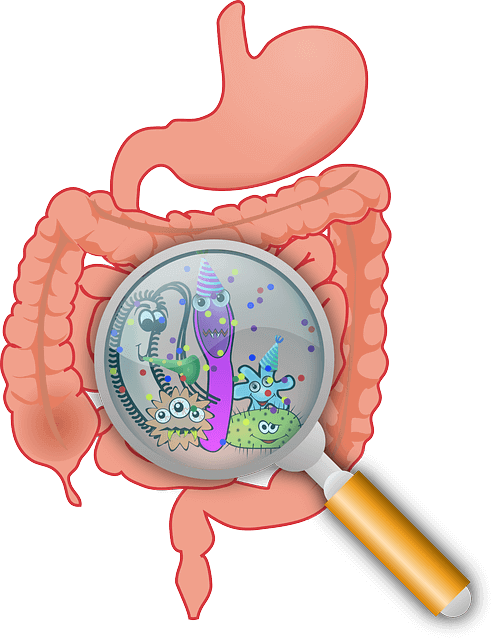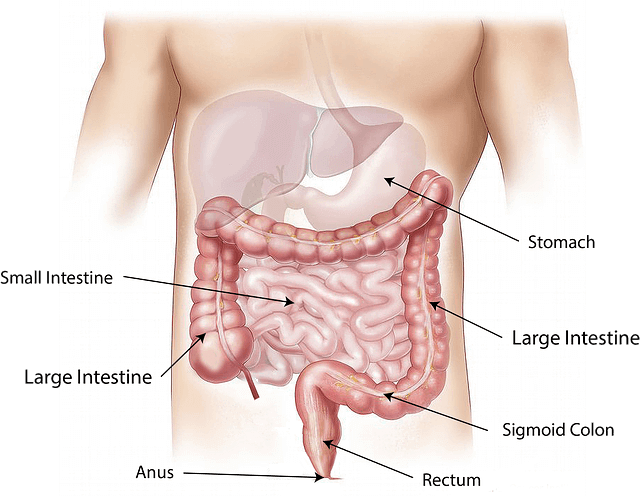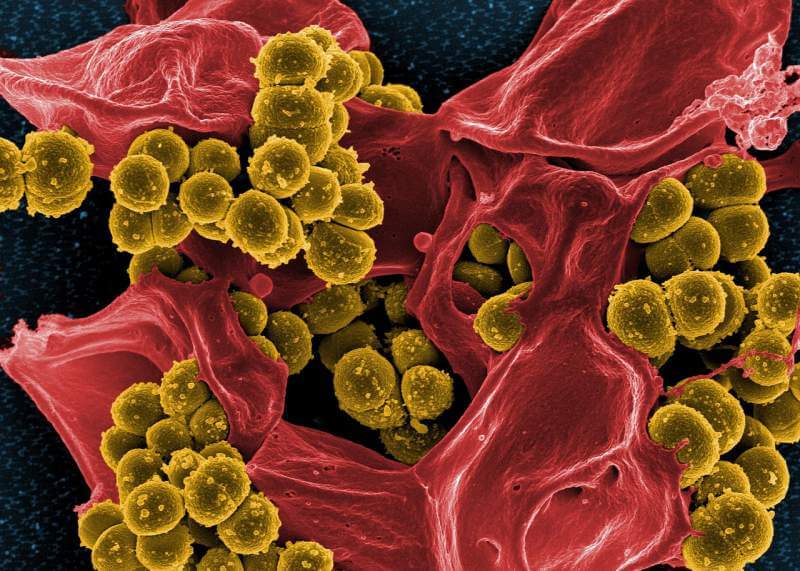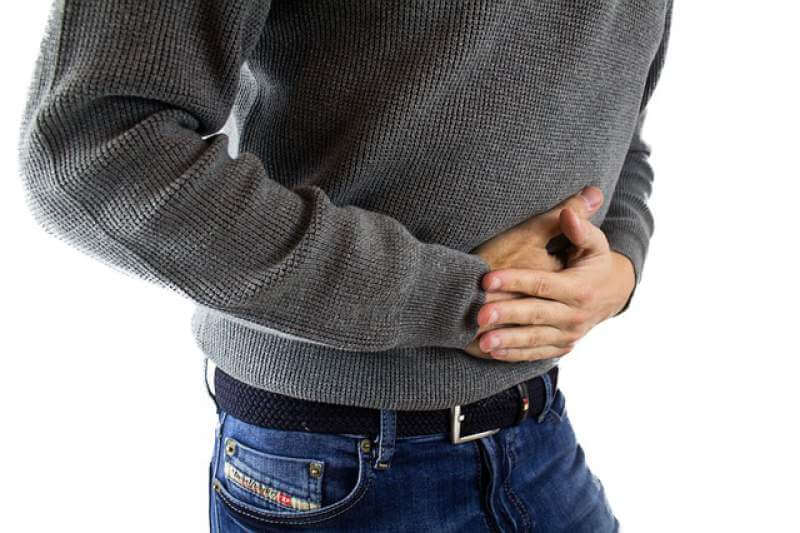Are you having trouble keeping your digestive system running smoothly? If you experience times of constipation, there is no need to feel alone. Many people get blocked up from time to time. However, if you are experiencing clogged bowels frequently, it might be time to take a closer look. Stress, diet and lack of exercise all contribute to slow movements downstairs but ultimately, the problem lies in your gut. If you have tried all the over-the-counter medications, as well as old school remedies like prune juice, and still struggle, it may be time to try something new, probiotics.
What are Probiotics?

The gut naturally contains thousands of bacterial strains, many of which are beneficial for us. In fact, they are vital to keep the digestive tract performing at optimal levels. The essential and friendly flora help to neutralize and remove bad bacteria, which cause illness and disease. They also produce enzymes to help break food down properly, aiding in healthy absorption. The nutrients and neurochemicals released as they work are responsible for fortifying our overall health, both physically and mentally. The gut is referred to as the second brain for a reason; and the primary force controlling the gut are these small microorganisms.
The Discomfort of Constipation

As mentioned diet, stress, dehydration, allergies, and certain medications all contribute to backed up bowels. There is not a person alive who has not experienced the discomfort of constipation. When it becomes more of a chronic situation, then you definitely want to make some changes. Laxatives are always a quick fix but can actually make the situation worse and the underlying situation remains unchanged.
A bacterial imbalance in your gut will not be fixed with medication. Bacteria must be balanced to once again favor the friendly strains. When bad bacteria are allowed to take over your colon, they live on the undigested food, which creates a strong alkaline environment. This is not ideal for good bacteria and they struggle to survive. The more toxic the situation gets, the more access pathogens have to the gut; illness and disease are inevitable. The first clear sign is constipation, but the reality is that much more could be going on down below. The sooner you look into it, the better your overall health will be.
Will Probiotics Help my Constipation?

The good news is that intestinal flora balance can be restored with the addition of probiotics to the diet. Not only will probiotics help to properly digest food, so there is nothing left undigested to fester in the gut, but they also help to break down the stool itself. By breaking your stool down into more manageable sizes, it is easier for your body to pass and expel. Feces that hangs out in the gut for too long are just a magnet for pathogens and bad bacteria, so you want to keep it moving. Increasing probiotics for constipation in adults will benefit more than the gut, but overall health too. Remember the gut is your second brain, so you need to keep it in top form.
Dehydration is a number one cause for constipation and probiotics can help to increase moisture to the area so things can once again flow smoothly. Probiotics also have the ability to break down tough plant fibers, which act as prebiotics. Healthy gut bacteria thrive in the presence of these prebiotics, so the more you eat, the merrier they are. The presence of probiotics also helps to combat gas and bloating, which frequently occur alongside constipation, contributing to the discomfort. By more efficiently breaking down food sources, there are less byproducts to cause gas.
Why Do I Need Probiotics?

You may be wondering why you need probiotics if you already have bacteria in your gut. The answer is simple. Modern diets do not do a very good job at sustaining a crucial balance. People today are more dehydrated than they realize. The typical diet may also contain large amounts of sugar and processed foods, which bad bacteria love. The more you feed them, the better they thrive and the easier it is for them to take over the gut.
We also have a strong reliance on medications these days, often taking more than we need. Antibiotics, specifically, are disastrous for your natural gut flora. The medication is taken to remove a nasty bug but unfortunately, at the same time, also wipes out some of your friends. Since the first place medication ends up is your stomach, these flora are the first to go. The dwindling numbers are not able to fully digest food, which causes build up, toxicity and constipation.
Probiotics can be added to your diet through foods such as yogurt, which contains a large number of friendly cultures. Because of lactose intolerance, the next best source for probiotics is a supplement. Probiotic supplements are typically capsules containing a variety of strains. A version with more strains will obviously be more beneficial. Always read the information to be sure you are getting live cultures and make sure to store them in a cool dry place.
Keep It Moving

Probiotics for constipation and bloating are the best natural option for the many people who suffer from these common digestive problems. They help to speed up the process and keep things moving. Buildup feeds bad bacteria, which can lead to more serious health problems. Probiotics feed and support the good guys already living within. They also make stools softer and easier to pass, as well as to increase the number of weekly movements you have. The quicker you can get rid of waste, the happier your gut will be. A happy gut means a healthy you.
